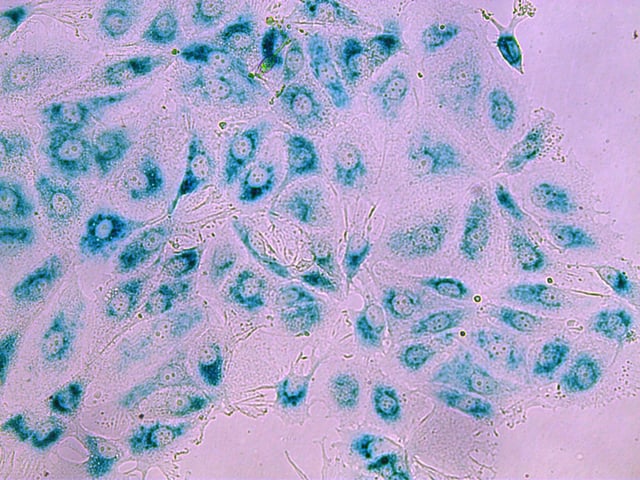Overview
- A genome-wide CRISPR screen showed that knocking out JNK-pathway genes, including MAP2K7, let cancer cells keep proliferating under combined endocrine treatment and CDK4/6 inhibitors.
- Preclinical models with JNK-pathway inactivation produced more metastases, indicating more aggressive disease under therapy pressure.
- Analysis of tumor samples from 78 treated ER+ patients linked low JNK pathway activity to poorer responses to the combination regimen.
- The work reframes JNK signaling in this setting as tumor-suppressive, with pathway suppression identified as a mechanism of drug resistance.
- With the regimen now used as first-line care for high-risk ER+ cases in Australia, researchers are developing assays to gauge pathway activity and exploring alternative options for predicted nonresponders.

